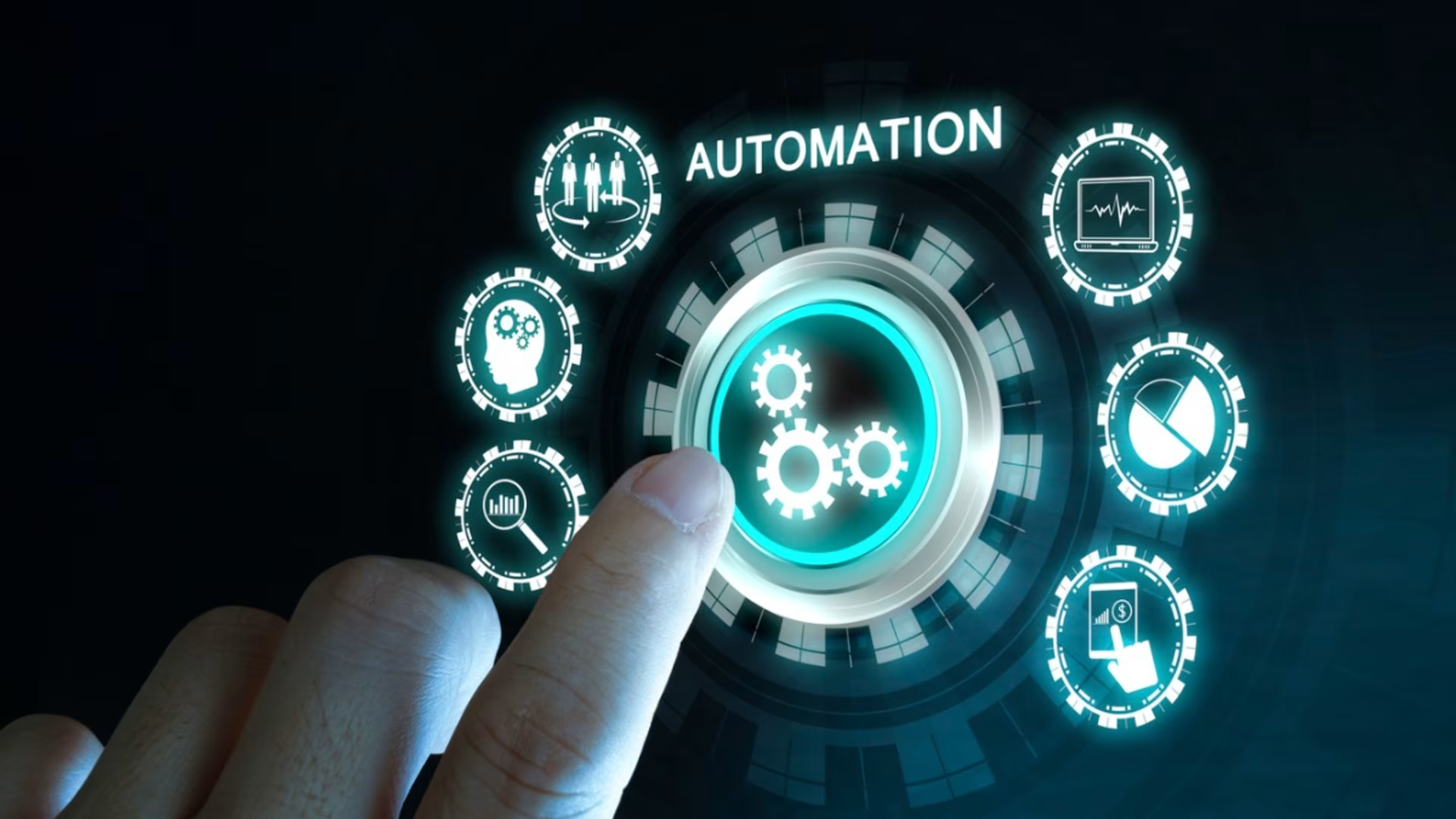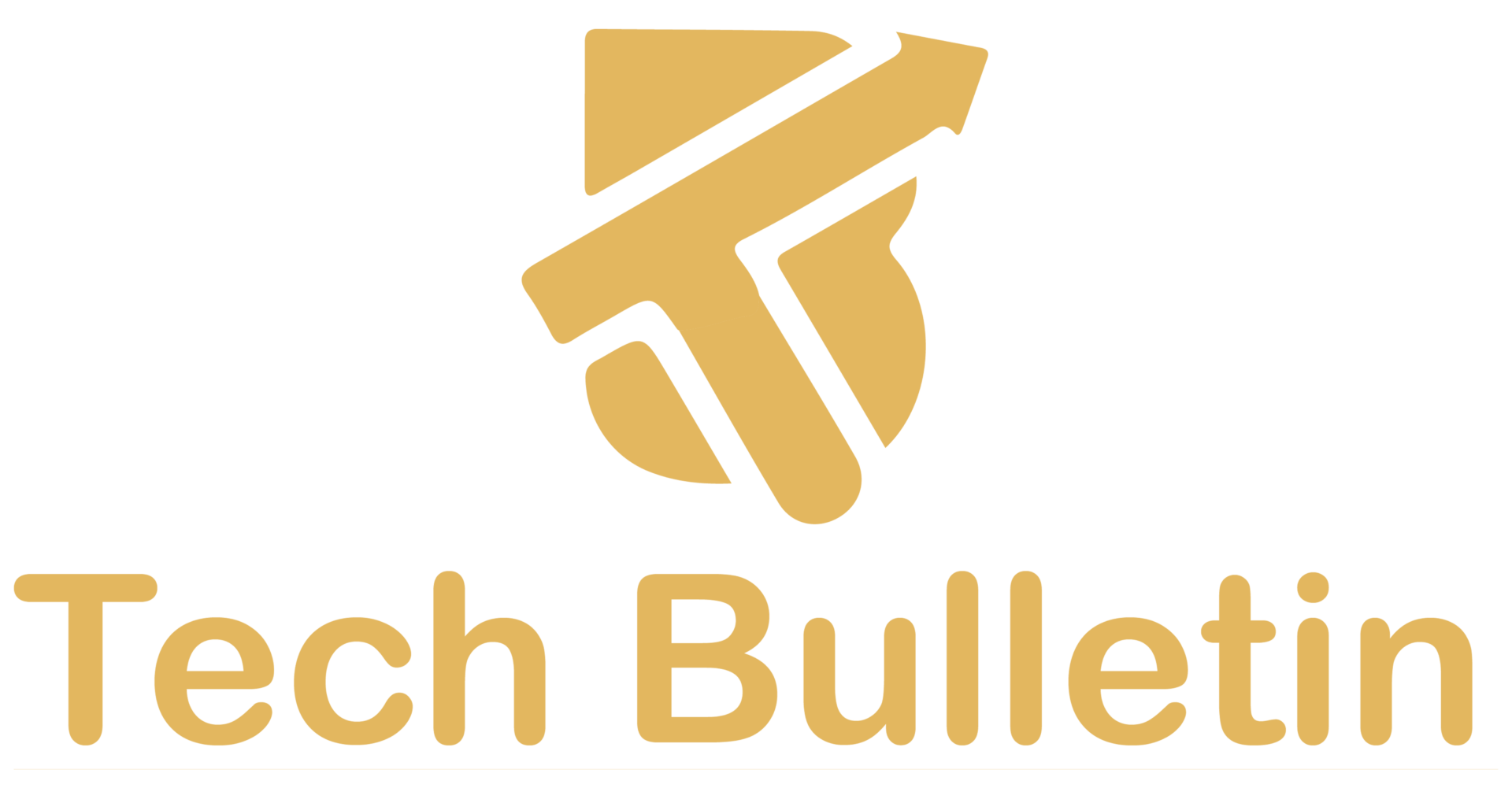Will Automation Replace Jobs or Create New Ones?

Technology has always transformed the way people work. From the industrial revolution to the digital era, new tools have reshaped industries and careers. Today, the big question is clear: Will Automation Replace Jobs or Create New Ones? You’ve probably seen headlines about robots, AI, and smart machines taking over. But the truth isn’t so simple—it’s a story of both disruption and opportunity.
Understanding the Fear Behind Automation
Automation sounds intimidating because it often comes with stories of machines replacing workers. Think about factories introducing robots on assembly lines. Entire job categories can shrink overnight. That fear is real. But at the same time, each wave of automation has also created fresh opportunities. The challenge is recognizing where change opens new doors.
Will Automation Replace Jobs or Create New Ones? A Balanced View
This isn’t a yes-or-no issue. Automation both replaces and creates jobs—often in unexpected ways.
Jobs That Are Most Vulnerable
- Repetitive manual labor
- Routine administrative tasks
- Data entry and basic customer service
These roles can be automated because machines excel at predictable tasks.
Jobs That Are Emerging
- AI and robotics engineers
- Data scientists and analysts
- Cybersecurity experts
- Technicians who maintain automated systems
Whenever technology eliminates a role, it often sparks new careers to build, manage, and oversee the very systems that caused the shift.
Historical Lessons: Every Revolution Brings Change
History gives us clues. During the industrial revolution, machines replaced many manual weavers. However, new industries such as textiles, steel, and transportation created millions of jobs. The same happened with computers in the 20th century; typists declined, but software engineers and IT support roles grew rapidly.
So the pattern is clear: automation disrupts, but it also builds.
Industries Most Affected by Automation
Manufacturing
Robots assemble cars faster and cheaper. Workers now need skills in robotics oversight, in addition to manual labor.
Healthcare
AI assists in diagnostics, but human doctors and nurses remain essential for empathy, decision-making, and the delivery of complex care.
Retail
Self-checkouts reduce the need for cashier roles, but e-commerce logistics and digital marketing jobs expand.
Finance
Algorithms handle trading, fraud detection, and customer service bots. Still, analysts, compliance officers, and fintech developers are in demand.
Key Factors That Shape Job Outcomes
Skill Levels
Low-skill repetitive jobs are most at risk. High-skill creative or problem-solving roles benefit.
Education and Training
Workforces that adapt through training programs thrive in automated industries.
Government and Business Policies
Policies that support reskilling and fair transitions help reduce the negative effects of job loss.
Pros and Cons of Automation for Jobs
Pros
- Creates new industries and roles
- Boosts productivity and efficiency
- Improves safety in dangerous tasks
- Opens opportunities for creativity
Cons
- Displaces low-skill workers
- Widens income inequality if unaddressed
- Requires significant retraining
- Can reduce job security in certain sectors
Comparing Job Loss vs. Job Creation
| Aspect | Job Loss | Job Creation |
|---|---|---|
| Type of Roles | Repetitive, manual, routine | Technical, creative, analytical |
| Industries Impacted | Manufacturing, retail, basic services | IT, robotics, healthcare, clean energy |
| Skills Needed | Low to medium skill | Medium to high skill (STEM, creativity, problem-solving) |
| Long-Term Outlook | Declining availability | Expanding opportunities |
Will Automation Replace Jobs or Create New Ones? The Human Advantage
Humans bring creativity, empathy, and moral judgment—things machines can’t replicate. Automation handles the how. You provide the why. For example, an AI can recommend treatment, but a doctor comforts and guides patients through tough decisions.
This human touch ensures that while machines grow smarter, people remain essential.
Strategies to Prepare Yourself for the Future of Work
Learn Future-Proof Skills
Focus on technology, critical thinking, communication, and creativity. These remain valuable even in automated workplaces.
Embrace Lifelong Learning
Enroll in online courses, certifications, or workshops to enhance your skills and knowledge. Staying updated ensures you’re ready when industries shift.
Explore Hybrid Roles
Look for positions where automation supports you rather than replaces you. A teacher using AI for grading is still vital in mentoring.
Think Entrepreneurially
Automation often lowers barriers to entry for small businesses. You might use tools that once required entire teams.
FAQs on Will Automation Replace Jobs or Create New Ones?
1. Will automation eliminate human jobs?
No, automation mainly replaces repetitive tasks. Human creativity, judgment, and emotional intelligence remain vital.
2. Which jobs are safest from automation?
Creative, leadership, and interpersonal roles—like therapists, managers, and artists—are least likely to be replaced.
3. How many jobs could automation create?
Studies suggest millions of new jobs will appear in AI, clean energy, robotics, and healthcare.
4. Should I fear automation?
No. Instead of fearing, focus on reskilling. The more adaptable you are, the more valuable you become.
5. How can companies balance automation with employment?
By investing in employee training, creating hybrid roles, and supporting workers in transitions.
6. Will small businesses benefit from automation?
Yes. Automation tools allow small teams to compete globally with improved efficiency and lower costs.
7. How can governments help?
Through policies that fund retraining, support displaced workers, and encourage innovation-friendly environments.
Conclusion
So, Will Automation Replace Jobs or Create New Ones? The answer is both. Some jobs will disappear, but fresh opportunities will rise—often in exciting, unexpected ways. The key is preparation. By embracing new skills, remaining flexible, and leveraging your uniquely human strengths, you can thrive in this evolving world of work.
The future of jobs isn’t machines versus people—it’s machines with people. What do you think? Share your thoughts or experiences in the comments and join the conversation!
Also Read: Why Automation Testing Is Important for Developers







